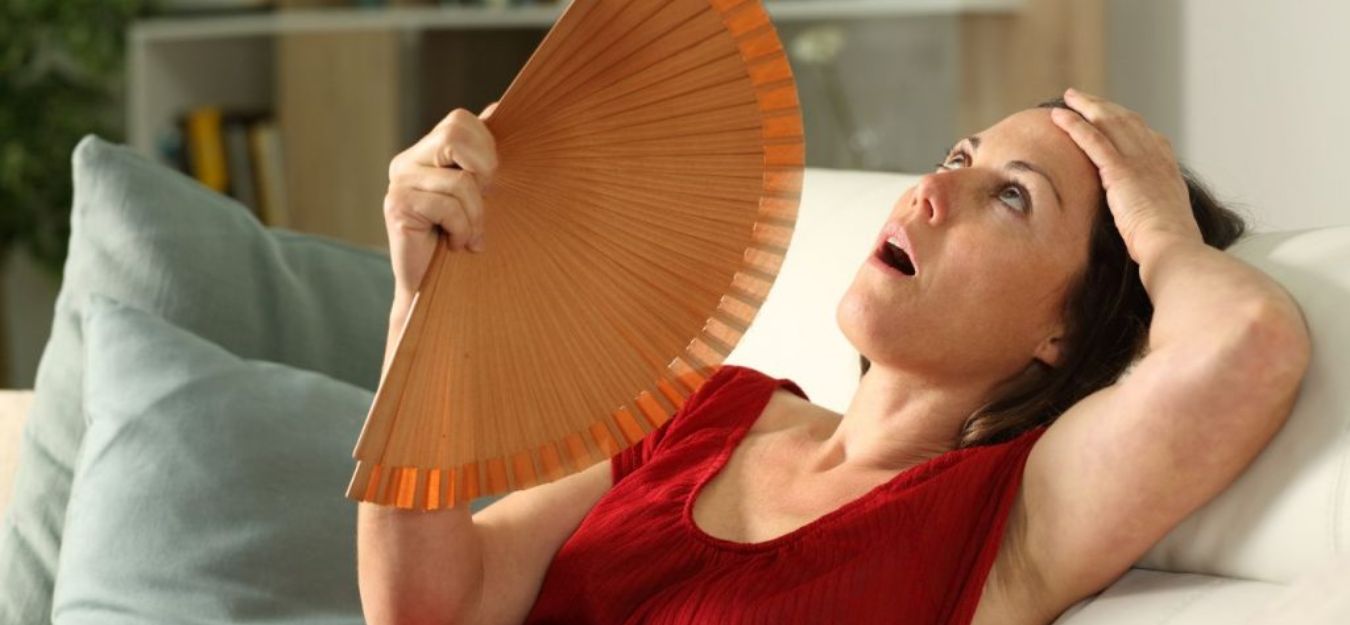Finding Relief from the Pains of Menopause
While some women prefer to use natural remedies because they align with their personal beliefs about health and wellness, some women prefer them because of accessibility and affordability than prescription medications. Other women, on the other hand, are trying to avoid the potential side effects of hormone replacement therapy (HRT). Whatever the reason that you are here, we have prepared a list of natural menopause treatments that really work.
6 Natural Menopausal Treatments
Soy
Soy products, such as tofu, edamame and soy milk, contain compounds called phytoestrogens that can mimic the effects of estrogen in the body. Some studies have shown that soy can reduce hot flashes and improve bone density in postmenopausal women.
Black Cohosh
Black cohosh is a medicinal herb that has been used for centuries to treat menopause symptoms. It is believed to have estrogen-like effects on the body and can help alleviate hot flashes, night sweats and mood swings.
Red Clover
Red clover is another herb that contains phytoestrogens. It has been shown to reduce the frequency and severity of hot flashes in some women.
Exercise
Regular exercise can help alleviate menopause symptoms by reducing stress, improving sleep quality and boosting mood. Weight-bearing exercises such as walking, jogging or strength training can also help maintain bone density.
Meditation and Relaxation Techniques
Stress can exacerbate menopause symptoms, so it is important to practice relaxation techniques such as meditation, yoga or deep breathing exercises.
Vitamin D and Calcium
Calcium and vitamin D are essential for maintaining bone health, which can be compromised during menopause. Taking supplements or eating calcium-rich foods such as dairy products, leafy greens and fortified foods can help prevent bone loss.
Natural Remedies May Not Work for Everyone
Each person's body responds differently to different treatments, including natural remedies. The underlying hormonal changes that cause menopause can vary from person to person, which means that the efficacy of natural remedies may also vary.
In terms of severity, menopause symptoms can vary widely between individuals. Natural remedies may work well for those with mild to moderate symptoms, but they may not be effective for those with severe symptoms.
Another thing to note is that natural remedies for menopause have not been extensively studied in clinical trials, so there may be limited scientific evidence to support their effectiveness. This can make it difficult to predict how well they will work for individual women.
Lastly, natural remedies can interact with other medications that a person may be taking. This can reduce their effectiveness or cause unwanted side effects.
How to Communicate with Your Doctor for Natural Remedies
If you would like to try natural remedies for menopausal symptoms, it's important to have an open and honest conversation with your doctor about your preferences. Here are some steps you can take to communicate your wishes effectively:
Be Clear About What You Want
Start by explaining that you are interested in exploring natural remedies for your menopausal symptoms. Be specific about the remedies you are interested in trying, and why you think they may be helpful for you.
Ask for Their Input
Ask your doctor for their opinion about natural remedies, and whether they have seen them work for other patients. They may also have concerns about certain remedies you should be aware of.
Discuss Potential Risks and Benefits
Talk to your doctor about the potential risks and benefits of natural remedies for your menopausal symptoms. Some remedies may have side effects or interact with medications you are already taking.
Keep an Open Mind
Your doctor may suggest other treatment options that could work well for you. Be open to their suggestions and be bold; ask questions if you have any concerns or doubts.
Work Together
Collaborate with your doctor to devise a plan that works for you; this could include a combination of natural remedies and conventional treatment options.
Doctors Respect Patient Autonomy
Wondering your doctor may not be open to alternative options that you are pursuing? Let us remind you that doctors value medical ethics, including autonomy.
A doctor must respect a patient's autonomy by recognizing that if the patient is capable of making decisions, they have the right to choose medical care, even if those choices go against what their doctor thinks is best.

